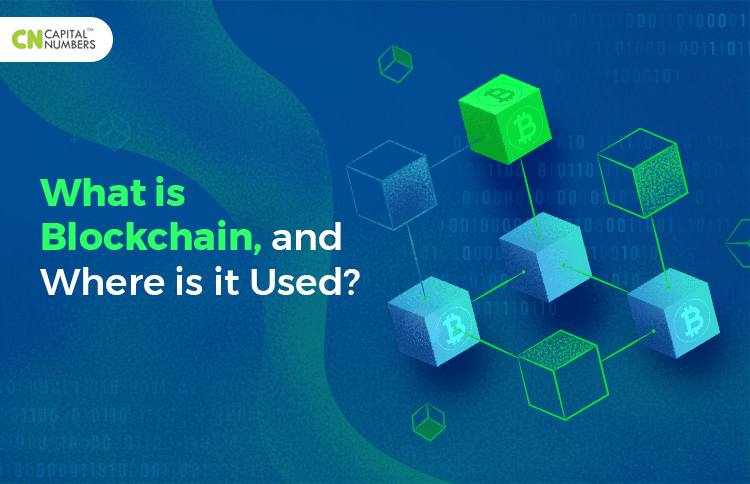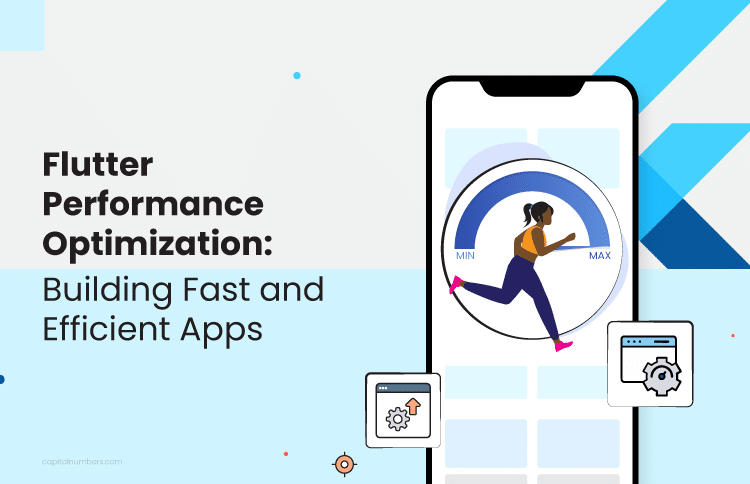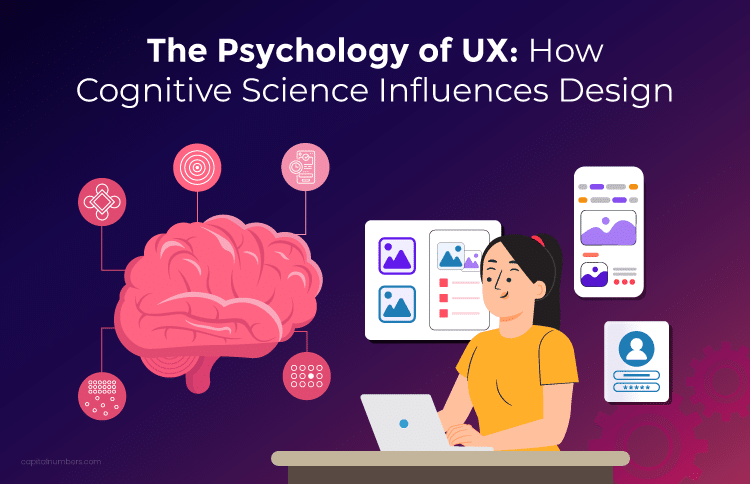What is Blockchain, and Where is it Used?
Table of Contents
There was a time when each Bitcoin cost $20,000. This was almost 4-5 years back. At that time, there was a lot of talk about Blockchain too. People felt that Blockchain was all about powering Bitcoins. But, later, many realized that Blockchain isn’t just about powering Bitcoins. Blockchain has a myriad of use cases beyond that.
Blockchain is a ledger system where several cryptocurrencies trade, not just Bitcoins. It is a growing sector likely to climb over US$35 Billion in 2025, as per Statista. Some consider it the most significant innovation since the Internet. So, what exactly is Blockchain? Let’s understand better.
What is Blockchain?
Blockchain is a decentralized digital ledger system where cryptocurrencies run. It helps people exchange cryptocurrencies safely. The best part is that Blockchain doesn’t store information in a single location. It distributes data across a network of computers connected worldwide. The moment a crypto transaction takes place, the ledger gets automatically updated, notifying all members of this distributed ledger network about the transaction in real-time.
If all this sounds too complicated to you, here’s a simple analogy of Google documents to help you understand better.
When creating a Google document, we usually share it with several people to distribute the doc. What happens here is any change made gets automatically visible to all members with whom we share the doc. Participants become aware of every modification, which makes the entire system transparent. Also, since the Google doc is decentralized, all decision-making is transferred to a dispersed system. So, no single member can show greater authority over others. This reduces the chances of duplications in the doc.
Of course, Blockchain technology is a lot more complicated than this, but the primary concept is the same.
Here’s a quick lowdown to give you further clarity.
- A blockchain is a decentralized system, never letting a single admin control it.
- It is a database storing encrypted blocks of data chained together for enhanced security.
- It distributes digital currencies without copying or transferring them.
- It records ownership of digital currencies, keeping out anything fake.
- The whole point is to let people share data in a tamper-proof way.
But, How Does Blockchain Work?
When new data gets added to the Blockchain network, most nodes within the network use cryptography to verify this new data. After multiple nodes come to a consensus and confirm the legitimacy of the new data that a block gets added to the digital chain, the entire digital chain of blocks gets authenticated from start to finish this way, keeping away hacks in Blockchain.
So, Where is Blockchain Used?
There is a wide array of real-world use cases of Blockchain. Some of these include:
| Cryptocurrencies
People use Blockchain to buy and sell cryptocurrencies like Bitcoins, Ethereum, Litecoin, etc. The more people exchange these currencies, the more widespread the Blockchain becomes. |
Asset Transfers
It is easy to use Blockchain to transfer digital assets like NFTs and real estate deeds. Both buyers and sellers can store and visualize the status of properties or deeds on Blockchain. |
Banking
Exchanging fiat currencies like euros and dollars is time-saving on Blockchain because it doesn’t require an intermediary like a bank for validation. Nodes validate transactions and even initiate transactions outside of banking hours. |
| Smart Contracts
Blockchain executes and enforces digital or smart contracts when the predetermined conditions get met. This saves human interventions and clumsy paperwork. |
Supply Chain Monitoring
Blockchain helps suppliers digitally track inventory status from manufacturers to warehouses to customers’ doorsteps, keeping a single source of facts for reference. |
Voting
Lastly, Blockchain prevents fraud during votes. Experts feel Blockchain can keep away risks associated with tampered ballots if policymakers replace manual checking with this technology. |
So, Blockchain is not all about Bitcoins. It started this way. But, it opened new opportunities and vistas. Today, Blockchain acquires new areas of use in healthcare, IoT, cyber security, and cloud, too, because of its benefits like:
Benefits of Blockchain
| No Need of Third-parties
Two or more parties can complete their digital transactions on Blockchain without relying on third parties like banks. |
Accuracy of Transactions
Blockchain ensures 100% data accuracy because nodes confirm digital transactions and not humans. |
| Added Security
Blockchain ensures added security and minimizes thefts or forgery due to its decentralized nature. |
Efficiency Transfers
People can exchange digital assets on Blockchain at any time because it is functional 24*7. |
To Wrap Up
Blockchain is a technology businesses want to keep a close watch on, primarily because of its cost-effective and practical uses. It’s also likely to generate around 40 million jobs globally by 2030 (Source: PWC). So, it’s no longer a question of whether businesses will catch on to this technology. Instead, it’s a question of when.
Yes, it’s a niche. So, we still need to see governments’ stance towards it. But, with the popularity of digital tokens and blockchain-based apps, we’re sure of its massive adoption in the future.
Someone somewhere is creating a blockchain solution to replace age-old methods even as we speak. Sure, it’s hard to imagine the growth impacts of Blockchain at present. But, the predictions of it becoming a trillion-dollar economy give businesses enough reasons to rethink their future around Blockchain in ways they’ve never done before.
Conclusion
If you are looking to develop Blockchain-based apps by hiring an offshore team, please make sure you get in touch with a tech partner with tremendous experience in software development outsourcing services. If you want further assistance on this, let us know, and we’ll figure out what can work best for you.














